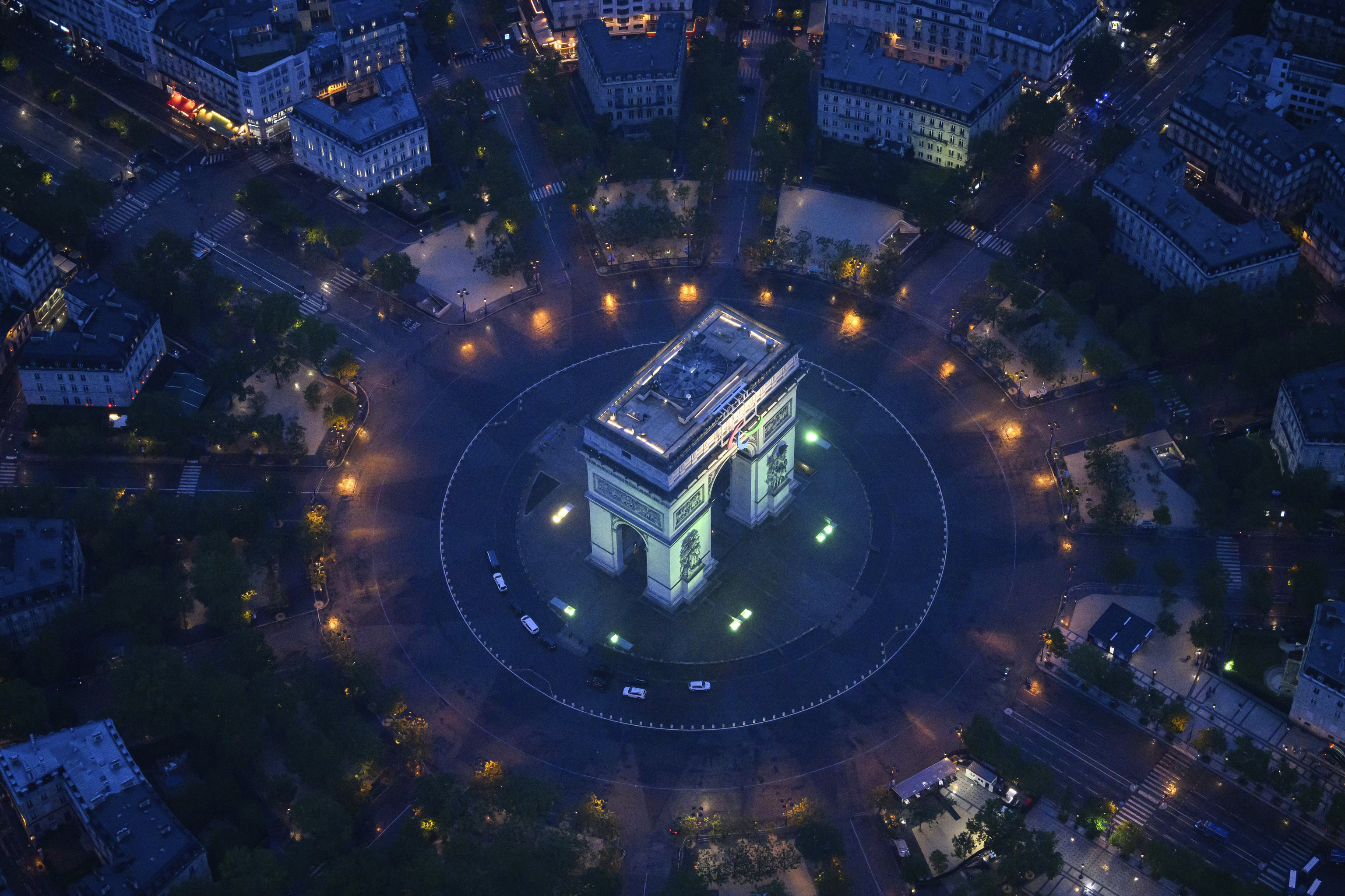Dressed in strict black, her head covered with a tiny red scarf, just enough to wear it, just enough to reveal her hair, Mazinha Talash tries to go unnoticed. She can't. The looks follow her like chasing a good story to tell, once in Madrid, now in Paris. In her attire, there is contrition and respect for the tradition of her culture, compatible with rebellion against those who turn a piece of clothing into a physical and moral prison. It could be your father. Afghanistan, her country, is a place of walking cells. Little Mazinha was destined for one of them. Dance set her free, as if each movement lifted her to an imaginary reality that is now real. It is the break dance that in this case we could call 'break freedom', the break dance of freedom.
"When I danced, I forgot about everything, about what was happening in my life", she says a few days after that first meeting in Madrid. She has just finished training and moves her bangs. It's as if the break had broken the mechanisms of modesty, a modesty inevitable for those who not only fight against oppression, in this case by the Taliban, but also against tradition and custom, against some of their own.
The last training session before traveling to Paris to join the Refugee Team was held at the Trece Rosas Auditorium in Vallecas. The facility is named after thirteen women who were executed during the Civil War. Mazinha is unaware of this. She could have faced a similar fate if she had not fled her country, first to Pakistan. To do so, she had to wear a burka. This time, the prison had a passage to freedom. A year later, she obtained political asylum in Spain, thanks to the efforts of the break dance community in our country, the Spanish Federation of Sports Dance, and the Spanish Olympic Committee, who contacted the embassy in Islamabad. Once in Spain, she first settled in Huesca and then in Madrid. "If the Taliban find out that you listen to music or dance, they will kill you", she says with a soft voice, but with undeniable confidence for her 21 years.
"They bombed our club"
It all started when Mazinha saw a video of a specialist spinning on his head. "I want to do that," she said to herself, and started looking for it," she explains. She was a girl, and Afghanistan was still under the control of the United States and Western forces. "My life was tough, as it is especially for all girls without a father. That's why when I discovered breakdancing, it was like living another life. I found a small club in Kabul [Superiors Crew], where they did breakdancing and rap. When I arrived, there were 55 boys and no girls. I insisted, and they accepted me," she recalls. "I had to change my name so that my family wouldn't be affected - she continues - but no matter what you do, the Taliban find out everything about your life. It was dangerous, they even placed several bombs near our dance club, until it had to be closed."
However, everything changed when the Americans and the rest of the NATO forces left the country in the midst of chaos, akin to Saigon, and the Taliban entered Kabul in August 2021. "After several attempts, we were able to flee the following year, there was no other choice. The whole dance group did it. Even though we didn't have passports, we managed to reach Pakistan, me covered in a burka and my companions with their tattoos covered. I took my little brother, 12 years old, as if I were his mother. It was tough, very tough, we slept 22 people in one room. I went through depression, I just wanted to cry, but I had to do it in secret for my brother. Finally, we found a way to reach Spain," she recounts, while thanking the help received in our country.
Competing and sending a message
In March of this same year, she received the Olympic Solidarity scholarship from the International Olympic Committee, and thanks to her level and training with the technicians of the Spanish Federation, specifically David Vento, she was selected among the 37 members of the Refugee Team, created in 2016. "Her motivation is exceptional. She wants to compete, of course, but she also wants to send a message to the world," expresses her coach.
"Paris is a dream. I want to dance and give it my all to tell the world who I am, where I come from, and do it for the women who are denied everything, life, in Afghanistan. I will do it for them," concludes Mazinha, already known in the breakdance world as 'B-girl Talash'. For these women, she also designs clothing, hoping that one day they can wear them on the streets of Kabul. She will jump onto the impressive Place de la Concorde, the breakdance stage, on the last weekend of the Games, with her hair loose and perhaps dyed. Free.
